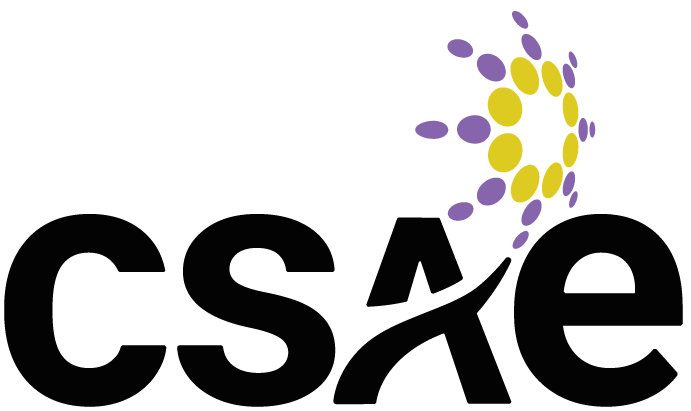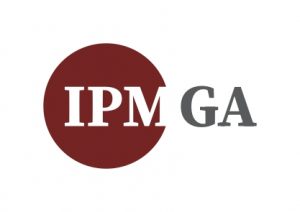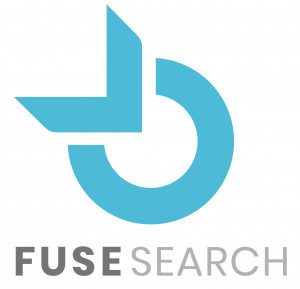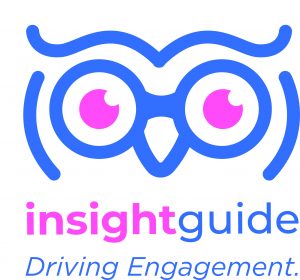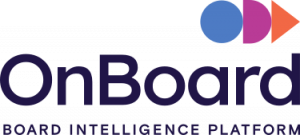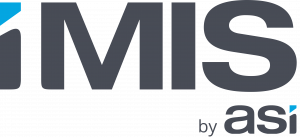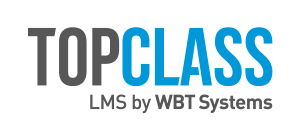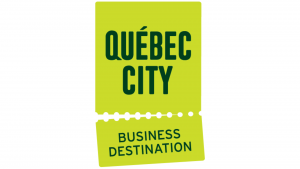The Future of Work: Building Inclusive Hybrid Workforces
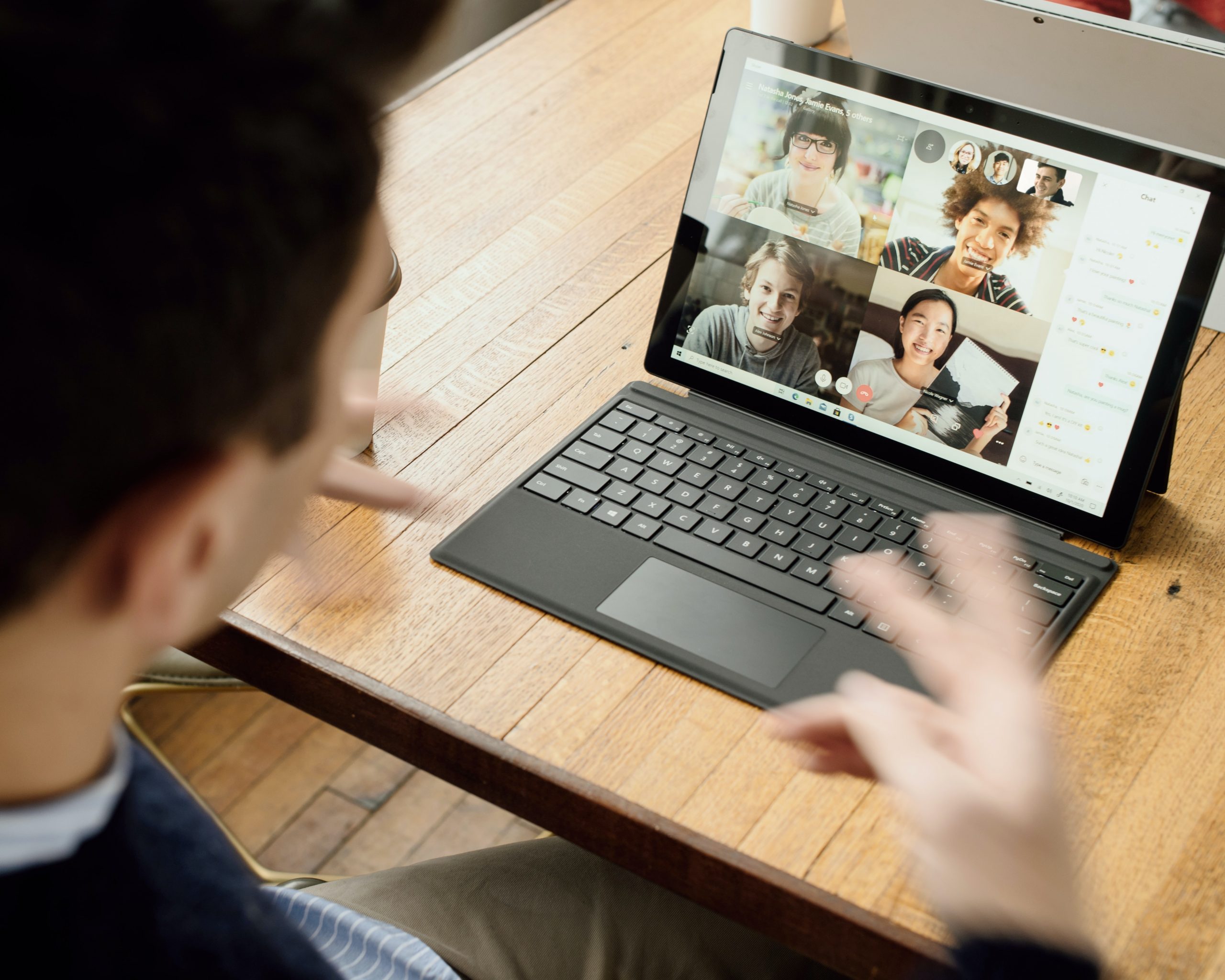
By Dr. Aaron Barth and Bev Attfield
The workplace is evolving. From in-person to remote and now hybrid work models, organizations are continuously refining how work gets done and where.
Pandemic induced work-from-home affects workplace culture and employees, too. Many factors impact employee well-being, including increased caregiving responsibilities, quality of workspaces, distractions and multi-tasking (among other things). Employee wellness and overall mental health continues to be a major concern. Jobs requiring 100 per cent in-person attendance are becoming less appealing. Flexibility is also becoming an increasingly crucial decision-making consideration for many in the workplace.
No doubt, remote work comes with its benefits. Perks include less commute time, more savings and better work-life balance. However, it also has its challenges. Issues such as social isolation, increased workload and communication gaps remain a problem.
The Impact of Remote Work
Research conducted by Aaron Barth, founder and president of Dialectic, and Bev Attfield, principal of Workplace Science at Jostle, reveals deep insights into the impact of remote work on employees. Their survey focused on over 400 employees who transitioned from in-person to remote work in the past year. Findings showed relationships with managers have gotten increasingly transactional and less supportive. In fact, 54 per cent of respondents feel their supervisor does not provide them with the support needed to deal with issues arising from working remotely.
Performance is better, but belonging is worse. Seventy-seven per cent socialize with their colleagues much less frequently or, in some cases, not at all. Process and function-driven workplace cultures are particularly in trouble, with 92 per cent of respondents feeling alienated.
Hybrid work seems like the go-to option for organizations. Fully in-person workplaces are not feasible due to the pandemic and remote work is laced with its unique mix of challenges. How effectively will a hybrid model create the ideal workplace environment of the future?
Barth and Attfield’s upcoming session on Nov. 9 at COMMUNITY: CSAE’s 2021 Virtual Conference strikes many chords. It is geared to equip participants with information on reducing the impact of COVID-19 on human connection and improving employee wellness, which is important to effectively engage at work.
Their data and extensive research provides insight into the role hybrid work will play in improving inclusion at post-pandemic workplaces. Participants will gain a deeper understanding of how COVID-19 has impacted the very fabric of our coexistence at work. In addition, they will leave with specific action items to improve employee and volunteer confidence, well-being and overall connection.
